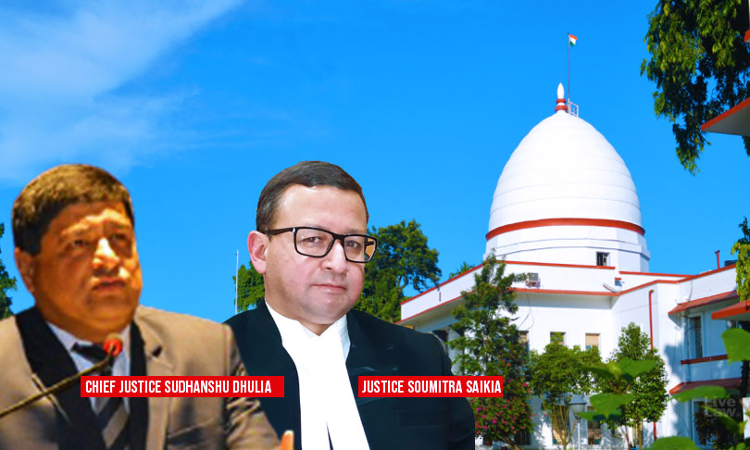BREAKING| Madrassas Run On State-Funds Can't Impart Religious Instructions: Gauhati High Court Upholds Assam Law
LIVELAW NEWS NETWORK
4 Feb 2022 7:14 PM IST

"The Madrasas in question, which are "wholly maintained out of State funds", cannot impart religious instructions in terms of the mandate of Article 28(1) of the Constitution of India", the Court observed.
Next Story


